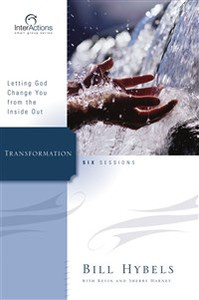In the year 2007, the number of people living in the cities of the world—finally and irreversibly—exceeded the number of people living in rural areas. The earth’s population is now more urban than rural, and Christian leaders are trying to figure out what this means for the church. Pastors and kingdom-minded leaders know they need to engage the surrounding community with the gospel but are unsure about how to do so. Ministering in diverse and populous areas brings a unique set of challenges and promises. Evangelistic strategies that work in rural areas seem to bounce off of people in the cities, forcing church leaders to reevaluate church effectiveness. They see that the arena for significant impact is the surrounding community. The wide-open potential for spiritual and social change on this larger scale requires that leaders leverage the multivalent domains of their communities to solve problems the entire city cares about. Eric Swanson and Sam Williams have been working together with missional leaders from cities around the world trying to discover examples and principles of city transformation. They try, investigate, and share effective and proven ways for ministry leaders to mobilize for spiritual impact and partner with other community organizations for societal good. This book is a call to action for spiritual and societal transformation. The authors begin casting their vision for God’s work in cities with an overview of the importance of cities in the twenty-first century. They address the process of community transformation along with examples of where and how cities have been changed for the good throughout history. They challenge readers to a vibrant kingdom-orientation in their ministries and use the concepts of “whole church, whole gospel, and whole city” to explain this large vision. They encourage people of good faith to work together with people of goodwill for the common benefit of cities around the world. To Transform a City is a timely, compelling book that helps readers explore the reality of cities, the potential of their own communities, and the broad strategies churches and Christian leaders need for kingdom impact.







